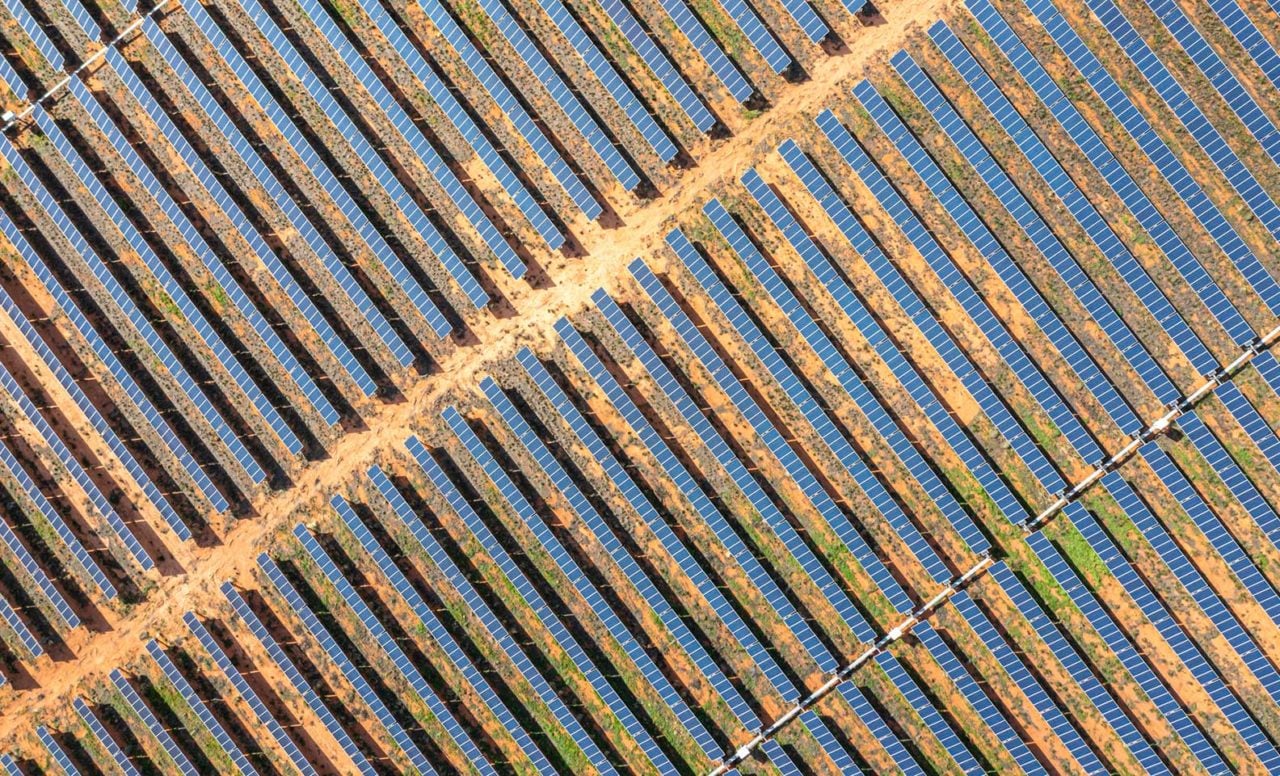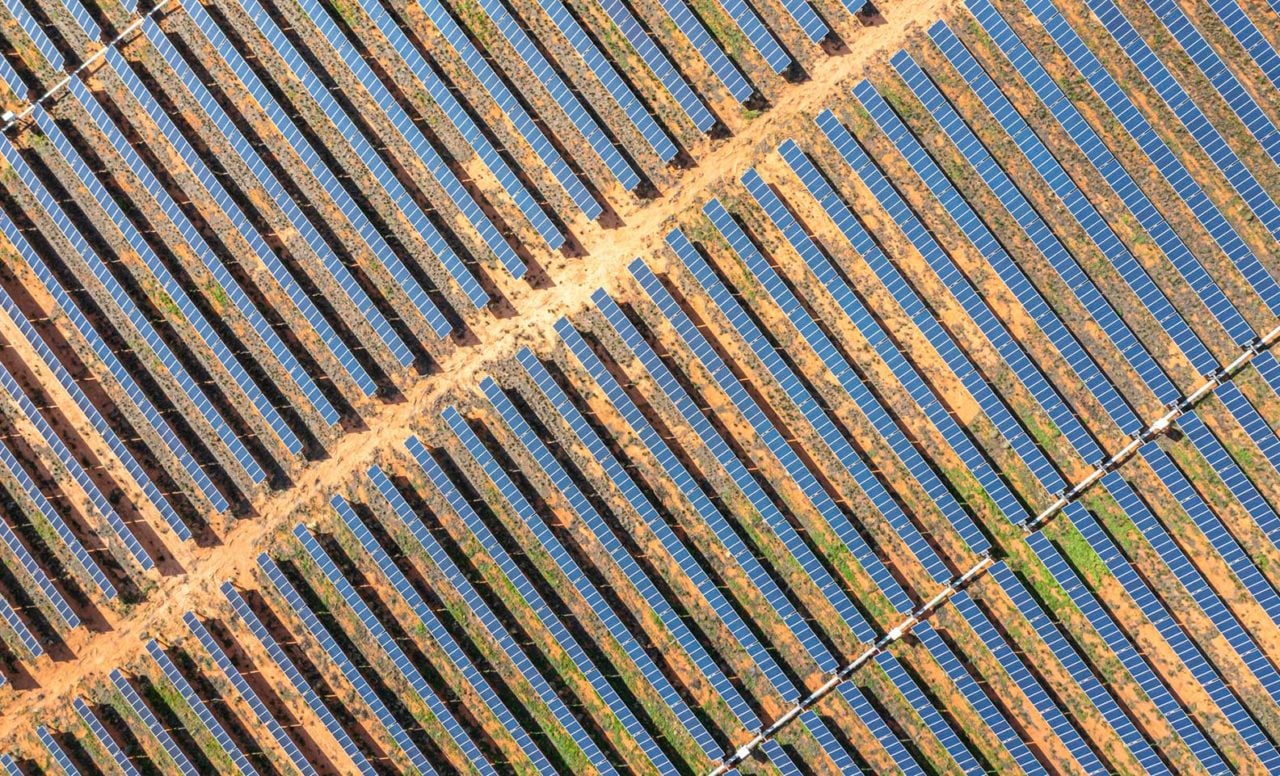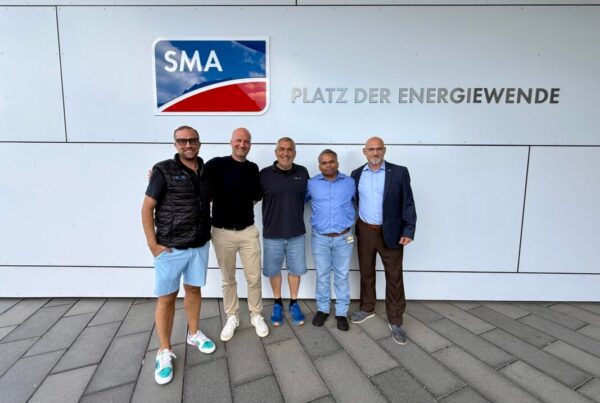
The auction, which was under the administration of XM Compañía Expertos en Mercados (XM), a subsidiary of Colombian state transmission company ISA, ended with a price of US$18.2/MWh.
Andrés Camacho, minister of mining and energy, said: “We advance in making a better use of the energy potentials of the regions; we are moving forward to transition our energy and diversify it.”
Enel Colombia awarded 1.2GW
Among the successful bidders is Enel Colombia, the country’s subsidiary of Italian utility Enel, which won tenders for six projects with a combined capacity of 1.2GW, representing a quarter of the solar PV capacity awarded.
The six solar plants are in different phases of development, with Fundación (90MW) the closest to completion, as it is currently in construction and expected to be operational during the first half of 2024. Meanwhile, Guayepo III (180MW), co-developed with Spanish developer Ingenostrum, is expected to start construction in the following months.
The other projects are Atlántico (180MW), Sahagún (360MW), Valledupar (90MW) and Chinú (315MW).
With 1.2GW of solar capacity awarded in Colombia’s latest auction, Enel continues to increase its development of solar PV in the country, where last week it inaugurated what it called the largest solar plant in Colombia. The La Loma solar park has an installed capacity of 187MW, and Enel has committed an investment of nearly US$126 million.
Chilean-headquartered solar developer Verano Energy was another company to receive a tender in the Colombian auction, for its 270MW Las Palmeras solar plant. Present in several Latin American countries, including Colombia, Verano Energy expanded its portfolio in the country last year with nearly 300MW of solar PV across three projects.
The falling levelised cost of electricity (LCOE) for solar PV in Latin America created opportunities for solar developers across several markets in Central America and Colombia, as covered last week on PV Tech Premium. Among the Central American markets where interest in solar has risen is Guatemala, which has embraced both government tenders and private investment which could help create a market similar to Colombia.






